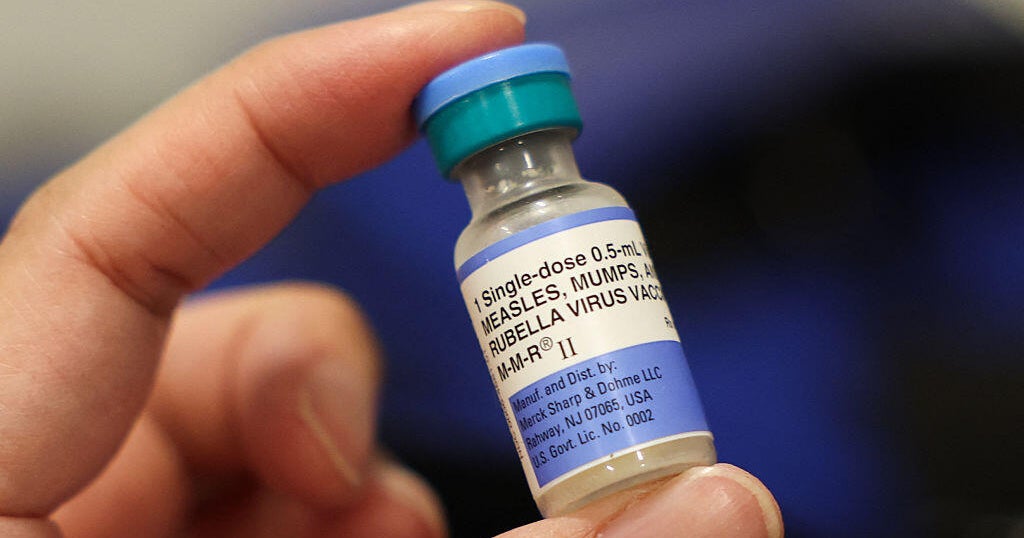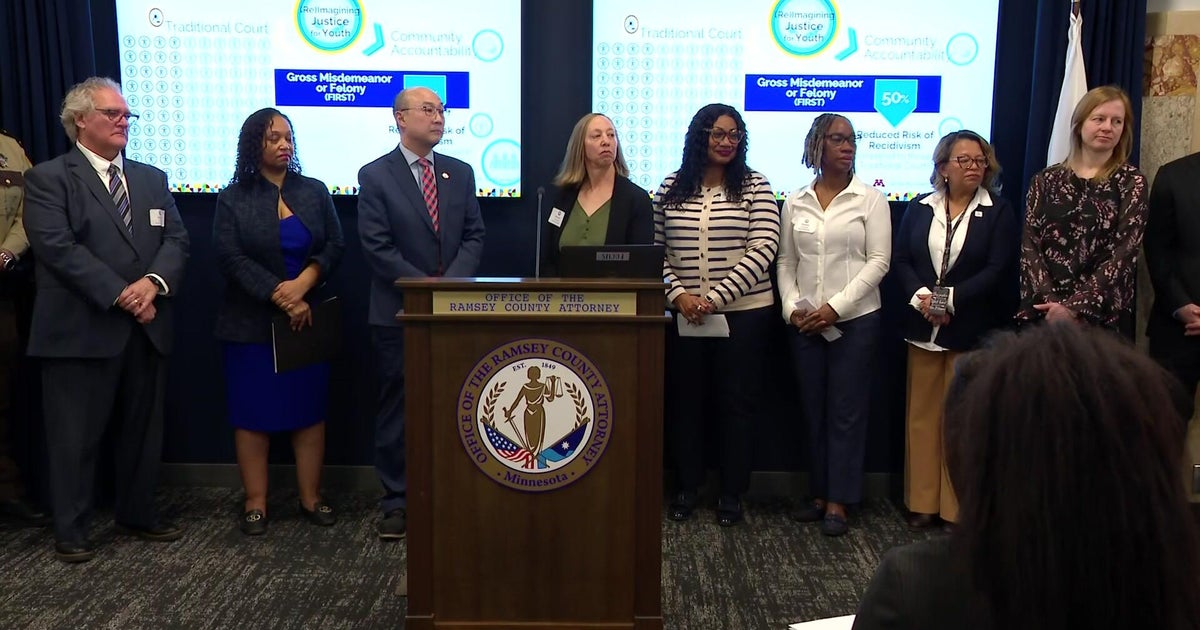Taking low-dose aspirin may reduce the risk of severe illness or death from COVID-19, study says
Taking low-dose aspirin may reduce ICU admissions and in-hospital deaths of COVID-19 patients, according to a new study.
Researchers at George Washington University published their findings, which indicate the lung-protective effects of the affordable, over-the-counter pills, in the journal Anesthesia & Analgesia on Wednesday.
Doctors were particularly interested in studying aspirin's effects on coronavirus patients because it is one of the cheapest, most widely available drugs. Other drugs to treat COVID-19, such as remdesivir, can be prohibitively expensive.
COVID-19 has been associated with higher risks of blood clots for some patients — aspirin is a known blood thinner and anti-platelet medication, piquing researchers' interest in studying the drug further.
"Our hospitals were overwhelmed, patients were dying at an alarmingly high rate, and I was sleeping in my office so that we could provide 24/7 care to our COVID ICU patients at night," study author Dr. Jonathan Chow told CBS News on Friday. "The uncertainty made us scared for what might come next. Despite this, we knew that we had to look at the science and the data to see what therapeutics were available to give hope to these patients."
However, its effects on ventilation, ICU admission and mortality rates have not been studied, researchers said.
"As we learned about the connection between blood clots and COVID-19, we knew that aspirin — used to prevent stroke and heart attack — could be important for COVID-19 patients," Chow said in a statement. "Our research found an association between low dose aspirin and decreased severity of COVID-19 and death."
Researchers studied over 400 patients admitted from March to July 2020 to hospitals all over the country, including GW Hospital, the University of Maryland Medical Center, Wake Forest Baptist Medical Center and Northeast Georgia Health System.
They found aspirin use led to a 44% reduction in the use of ventilators, a 43% reduction in ICU admission and a 47% reduction in in-hospital mortality.
"COVID-19 has been shown to cause excess platelets to form throughout the body, which then causes the formation of micro-clots in the lungs and larger clots in major blood vessels. Aspirin is a COX-1 inhibitor that decreases platelet aggregation and thrombus formation. It acts rapidly within 30 minutes to 3 hours, and then inactivates platelets for the duration of the platelet's life," Chow told CBS News. "We think that it is through aspirin's anti-platelet properties that led to the association with improved outcomes such as the reduced risk of ICU admission and death that we observed in our study."
Chow said that he hopes these findings lead to further research, specifically randomized controlled trials, on the possible connection between aspirin use and reduced lung injury in coronavirus patients, now that some hospitals are not as overwhelmed as they were at the beginning of the pandemic.
"Aspirin is low cost, easily accessible and millions are already using it to treat their health conditions," said Chow. "Finding this association is a huge win for those looking to reduce risk from some of the most devastating effects of COVID-19."
So, should COVID-19 patients race to the pharmacy? Not so fast.
"I would advise all patients with COVID-19 to consult with their primary care physician so that they can properly weigh the risks and benefits. Because aspirin is a blood thinner, the main risk is internal bleeding," Chow said. "Although it doesn't replace vaccines or masks, the association we found with aspirin is a huge win for those looking to reduce risk from some of the most devastating effects of COVID-19."



